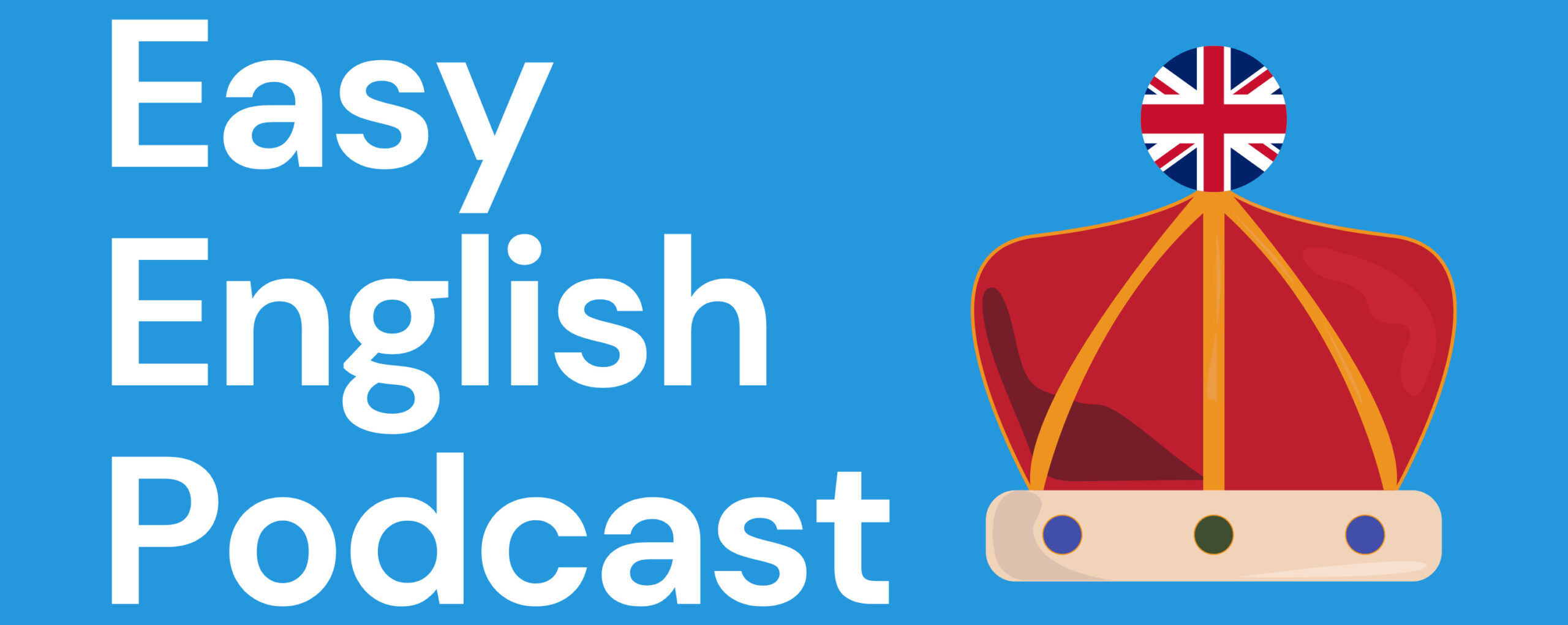
What Happens to Your Brain When You Speak More Than One Language? Benefits of learning English!
Have you ever wondered what speaking two languages does to your brain?
Hello, I’m Oliver, and welcome back to the Easy English Podcast. Today we’re diving into a truly fascinating topic — the bilingual brain!
If you speak more than one language — or even if you’re just learning English — then this episode is for you. Because guess what? Your brain is already changing. It’s becoming wired differently from someone who only speaks one language. And that’s amazing.
So, what actually happens inside a bilingual brain? Does it make you smarter? More creative? Can it even protect your brain as you get older? Let’s explore these questions together.
What is a Bilingual Brain?
The word bilingual means speaking two languages. If you speak three or more, we say multilingual. And monolingual? That means just one language.
Your brain behaves differently depending on how many languages you use. And for bilinguals, the brain is constantly juggling languages — even if you’re only speaking one at a time! This is called language control. Your brain chooses which language to use and which one to keep quiet — automatically, without you even realising.
In the past, scientists believed that different languages were stored in separate parts of the brain. But modern research shows that this isn’t true. Instead, all the languages are co-activated at once. That means when you speak one language, the others are also quietly active in the background!
Imagine that! If you speak English, Spanish, and French, your brain is managing all of those at the same time. That’s a serious mental workout.
How Does Being Bilingual Change the Brain?
Studies show that bilinguals have more connections in their brains between words, concepts, and memories. It’s like having a bigger, stronger web of understanding inside your head.
Bilinguals often use parts of the brain that help with:
- Problem-solving
- Decision-making
- Multitasking
- Creative thinking
This doesn’t necessarily mean bilingual people have higher IQs — but they are often better at certain types of thinking. For example, bilinguals can switch between ideas and perspectives more easily. This flexibility helps in everyday tasks and even in understanding other people’s emotions.
Bilingual Brains and Personality
Here’s an interesting question:
Do you feel different when you speak another language?
Many bilingual people say yes. They feel more confident in one language, but more shy in another. Some feel more polite in English, but more direct in their native language. Why?
Because when we speak a language, we also use its culture and social rules.
For example, in English we often say “please” and “thank you.” In other languages, saying these words too much can sound too formal or even strange. So when we speak a second language, we sometimes change how we act and even how we feel.
And it’s not just about words! Body language can change too. When you speak Italian, you might use your hands more. When you speak English, you might use more voice expression — intonation, for example.
Languages don’t just change our speech — they can also change how we move, feel, and express ourselves.
Can Speaking Two Languages Delay Dementia?
Here’s one of the most exciting discoveries:
Bilingualism can help protect your brain as you get older.
Studies show that people who speak two or more languages may develop dementia or Alzheimer’s disease four to five years later than monolinguals.
Why?
Because speaking multiple languages keeps the brain active. Switching between languages is like going to the gym — but for your mind. It exercises your memory and focus. So learning English is not only great for communication — it might also help you stay mentally sharp for longer!
Do You Dream in Another Language?
One final interesting idea — dreams.
When I was learning Russian, I sometimes had dreams in Russian. Sometimes I couldn’t understand what people in the dream were saying, and I’d feel stressed. But sometimes, I could speak and understand easily in the dream — and it felt amazing!
So I wonder… do you ever dream in English?
If yes, it could mean your brain is really starting to use the language in deep, powerful ways.
Key Vocabulary from Today’s Topic
Here are some useful words from today’s episode:
- Bilingual – speaking two languages
- Monolingual – speaking one language
- Multilingual – speaking more than two languages
- Juggle – to balance or manage many things at once
- Language control – the brain’s ability to choose the right language
- Co-activated – when multiple languages are active in the brain at the same time
- Perspective – a point of view or way of thinking
- Cultural rules – behaviours and traditions connected to a culture
- Dementia – a disease that affects memory and thinking
Final Thoughts
Being bilingual doesn’t just help with travel or jobs. It changes your brain. It helps you think more creatively, solve problems better, understand people more deeply, and possibly even protect your brain as you get older.
So, if you’re learning English right now, give yourself a big pat on the back — you’re not only learning a language, you’re building a better brain too!
💬 Let me know:
Do you feel different when you speak English?
Do you have dreams in English?
Leave a comment — I’d love to hear your experience!

